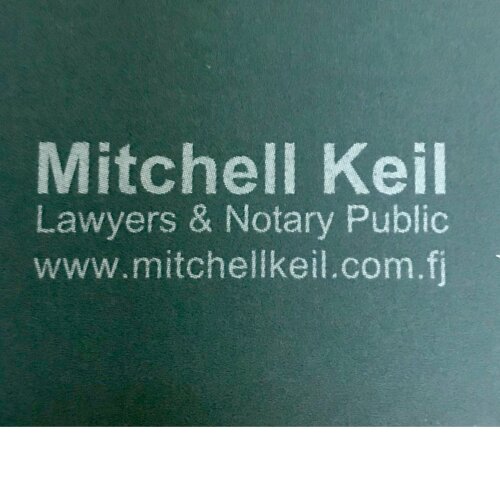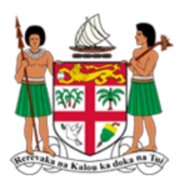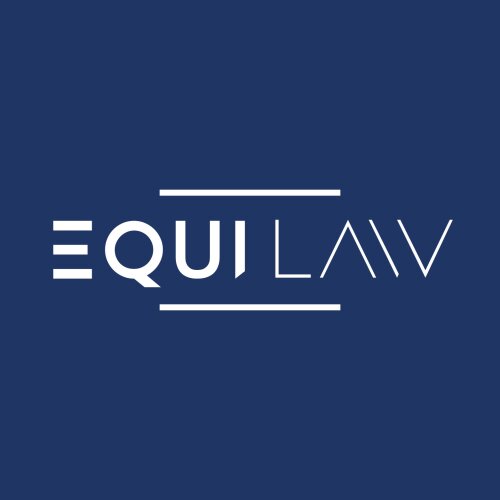Best Art & Cultural Property Law Lawyers in Suva
Share your needs with us, get contacted by law firms.
Free. Takes 2 min.
List of the best lawyers in Suva, Fiji
About Art & Cultural Property Law in Suva, Fiji
Art & Cultural Property Law in Suva, Fiji, encompasses a specialized area of law dedicated to the protection, preservation, and regulation of artworks and cultural heritage within the region. This field is crucial in a diverse country like Fiji, which boasts a rich blend of Indigenous Fijian, Indo-Fijian, and other identities, with a wealth of cultural artifacts, artistic expressions, and heritage sites. Legal frameworks are established to address and manage issues such as ownership rights, cultural heritage protection, international art exchanges, and looting.
Why You May Need a Lawyer
There are several situations where seeking legal advice in Art & Cultural Property Law is essential. These may include instances where you are involved in buying, lending, or selling art pieces and cultural objects; disputes over ownership of artifacts; issues related to the export and import of cultural property; cases involving stolen art recovery; and legal challenges related to cultural tourism or intellectual property rights in art. Lawyers specializing in this field are invaluable in helping navigate complex laws and protecting your rights and interests.
Local Laws Overview
Fiji’s legal framework for art and cultural property incorporates national legislation designed to protect cultural artifacts and spaces, as well as international agreements. Key aspects include:
- The National Trust of Fiji Act, which helps preserve heritage buildings and sites.
- The Fiji Museum Act, governing the protection and curation of cultural and historical artifacts.
- Commitments to international conventions such as UNESCO’s 1970 Convention on the Means of Prohibiting and Preventing the Illicit Import, Export, and Transfer of Ownership of Cultural Property.
- General property and contract laws that apply to transactions involving art and cultural goods.
Frequently Asked Questions
What is considered a cultural property under Fijian law?
Cultural property in Fiji includes tangible objects of significance, such as artifacts, traditional art, and sites that reflect cultural heritage and history.
How do I prove ownership of an art piece?
Proof of ownership can be established through documentation such as purchase receipts, provenance records, inheritance documents, or contracts of sale.
Are there restrictions on exporting art from Fiji?
Yes, there are restrictions under the Fiji Museum Act and other relevant laws to prevent the illegal exportation of cultural properties without necessary permits.
What legal protections exist for indigenous cultural expressions?
Fiji’s legal framework, including intellectual property laws, provides protection for indigenous cultural expressions to prevent unauthorized commercial exploitation.
Can I sell cultural artifacts I inherited?
Whether you can sell an inherited cultural artifact depends on its status under Fijian law, including any restrictions on ownership and exportation.
What should I do if I find a cultural artifact?
It is advisable to report the find to the authorities, such as the Fiji Museum or the National Trust of Fiji, and not attempt to sell or remove it unlawfully.
Is it possible to recover stolen art in Fiji?
Recovering stolen art involves legal processes that can be complicated. It's advised to work with legal experts and law enforcement agencies specialized in art recovery.
How are disputes over cultural heritage sites resolved?
Disputes over heritage sites are typically resolved through negotiation, mediation, or legal proceedings involving relevant governmental and cultural bodies.
What role do international conventions play in art law in Fiji?
International conventions help Fiji establish cross-border protocols for protecting art and cultural properties, such as preventing illicit trade.
How can I ensure the ethical borrowing of artifacts for exhibitions?
Ethical borrowing involves obtaining proper authorization, adhering to loan agreements, respecting cultural sensitivities, and complying with legal requirements.
Additional Resources
For those seeking additional information or assistance, several resources can be helpful:
- The Fiji Museum for matters of cultural heritage and museum collections.
- The National Trust of Fiji for heritage site protection and advice.
- The Ministry of iTaukei Affairs for issues concerning indigenous cultural property.
- The Fijian Intellectual Property Office for information on intellectual property rights in art.
Next Steps
If you require legal assistance in Art & Cultural Property Law, consider consulting a lawyer specializing in this area. Start by gathering all relevant documents related to your case or interest. Contact a law firm that offers expertise in cultural heritage and property law, or seek recommendations from cultural institutions in Suva. Legal professionals can provide tailored assistance based on the complexity and specifics of your situation.
Lawzana helps you find the best lawyers and law firms in Suva through a curated and pre-screened list of qualified legal professionals. Our platform offers rankings and detailed profiles of attorneys and law firms, allowing you to compare based on practice areas, including Art & Cultural Property Law, experience, and client feedback.
Each profile includes a description of the firm's areas of practice, client reviews, team members and partners, year of establishment, spoken languages, office locations, contact information, social media presence, and any published articles or resources. Most firms on our platform speak English and are experienced in both local and international legal matters.
Get a quote from top-rated law firms in Suva, Fiji — quickly, securely, and without unnecessary hassle.
Disclaimer:
The information provided on this page is for general informational purposes only and does not constitute legal advice. While we strive to ensure the accuracy and relevance of the content, legal information may change over time, and interpretations of the law can vary. You should always consult with a qualified legal professional for advice specific to your situation.
We disclaim all liability for actions taken or not taken based on the content of this page. If you believe any information is incorrect or outdated, please contact us, and we will review and update it where appropriate.
















